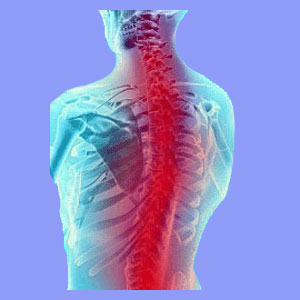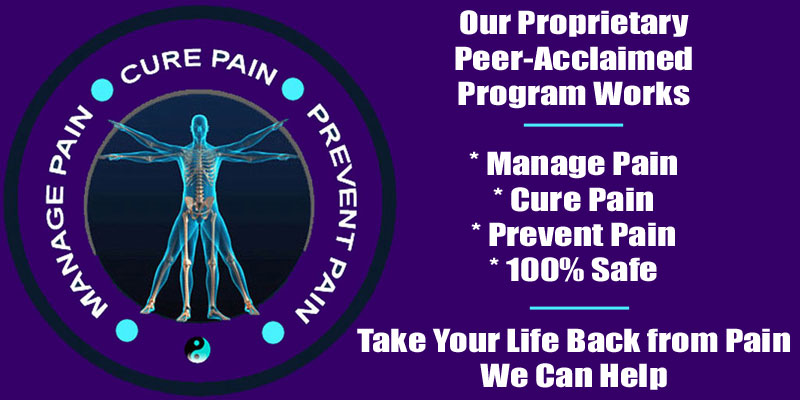
Sciatica from diabetes is a common source of lower back and leg pain and an even more prevalent causation for specific symptoms, such as tingling in the feet, numbness in the feet, tingling in the hands or numbness in the hands. Diabetes is an epidemic health crisis in today’s medical system, mostly due to the increased occurrence of a sedentary lifestyle combined with obesity. Diabetes is known to cause a wide range of problematic health issues and sciatica is just one of many symptomatic expressions enacted by blood sugar regulation concerns.
This discussion will center on the link between sciatica symptoms and the diabetes diagnosis. Learn why so many diabetes patients have symptoms which resemble pinched nerves.
What is Sciatica from Diabetes?
Diabetes is a disease which results in the inability to correctly regulate and process the amount of sugar in the blood. There are various types of diabetic conditions and each has its own particular symptomatic issues.
Excessive blood sugar is known to attack the structural integrity of nerve fibers and the smallest nerves are those typically affected first, especially those at distance from the central nervous system. This makes the nerves in the hands and the feet most susceptible to diabetic symptoms, such as weakness, tingling and numbness.
Some types of diabetes are preventable, making this an even bigger shame to endure, since the lifestyle choices most patients have made are the direct reason why they are now suffering.
Diabetic Sciatica
Sciatica symptoms due to diabetes rarely involve pain, but may in some instances. In fact, most patients develop a progressive numbness and associated weakness or tingling in the feet and lower legs. Some patients develop similar symptomatic patterns in the hands and lower arms. However, diabetes can affect virtually any nerve in the body.
Sciatica is kind compared to some truly serious neuropathy conditions, such as those which may affect the vision, the central nervous system or the functionality of internal organs. It is these types of nerve dysfunction which can lead to blindness, disability or even death. Of course, when you compare any type of nerve pain to the far more serious effects of diabetes, sciatica seems like an inconsequential price to pay.
Diabetes, especially when combined with preventable health factors, like obesity, smoking and excessive drinking, can disable or kill. Diabetes is considered one of the most significant of all modern health crises facing the medical sector today.
Diabetes is a disease which results in the inability to correctly regulate and process the amount of sugar in the blood. There are various types of diabetic conditions and each has its own particular symptomatic issues.
Excessive blood sugar is known to attack the structural integrity of nerve fibers and the smallest nerves are those typically affected first, especially those at distance from the central nervous system. This makes the nerves in the hands and the feet most susceptible to diabetic symptoms, such as weakness, tingling and numbness.
Some types of diabetes are preventable, making this an even bigger shame to endure, since the lifestyle choices most patients have made are the direct reason why they are now suffering.
Sciatica from Diabetes Conclusions
Some diabetic conditions can be easily managed or even reversed. Others, unfortunately, can not. Adult diabetes brought on by weight issues, lack of activity and poor diet are the most common of all conditions leading to nerve damage in the lower anatomy. Patients often feel victimized by their own bodies, but seldom take responsibility for their part in causing these terrible symptoms. The result is a catastrophe for the insurance industry, the healthcare sector and a gigantic burden on society as a whole.
If you have been experiencing tingling, weakness or numbness in your feet or hands and are overweight or inactive, I highly recommend seeking testing to determine if you may be diabetic. Once confirmed, you may be able to reverse the condition before it can damage your body irreparably. Just do not wait, since time is precious when it comes to delicate nerves and every day can count in the long run.





